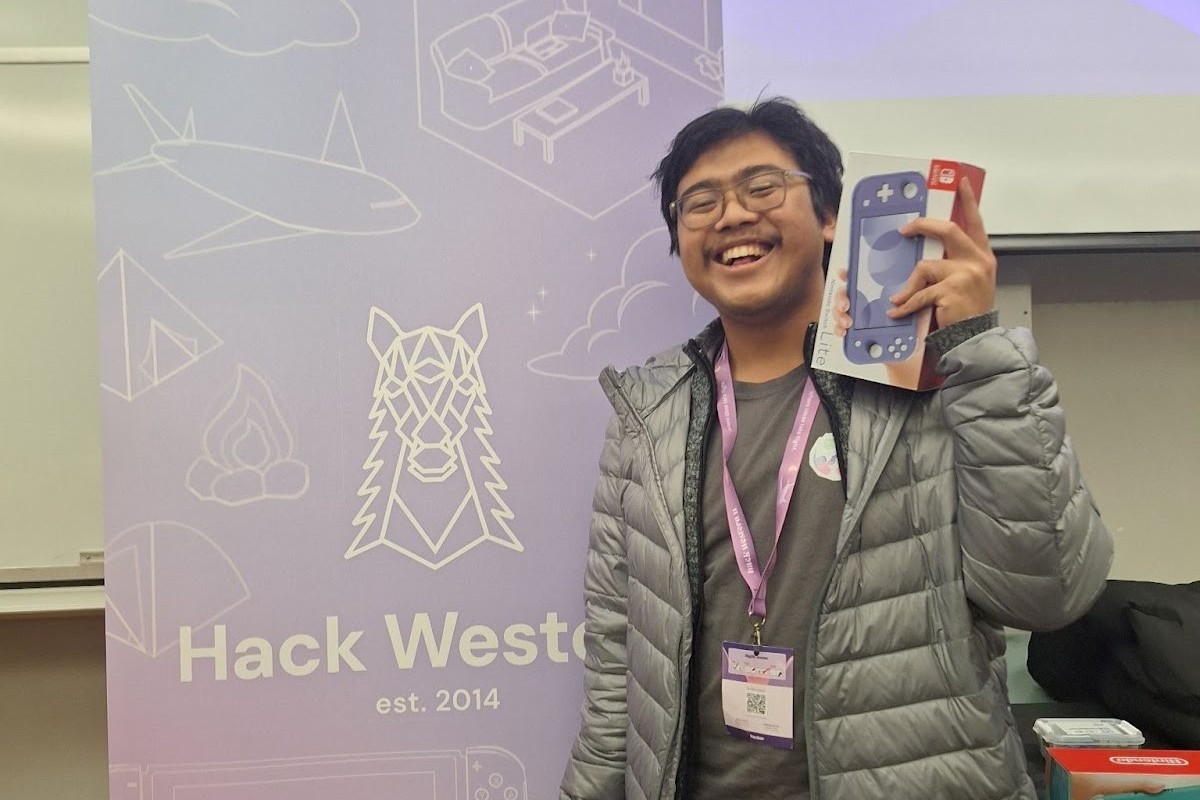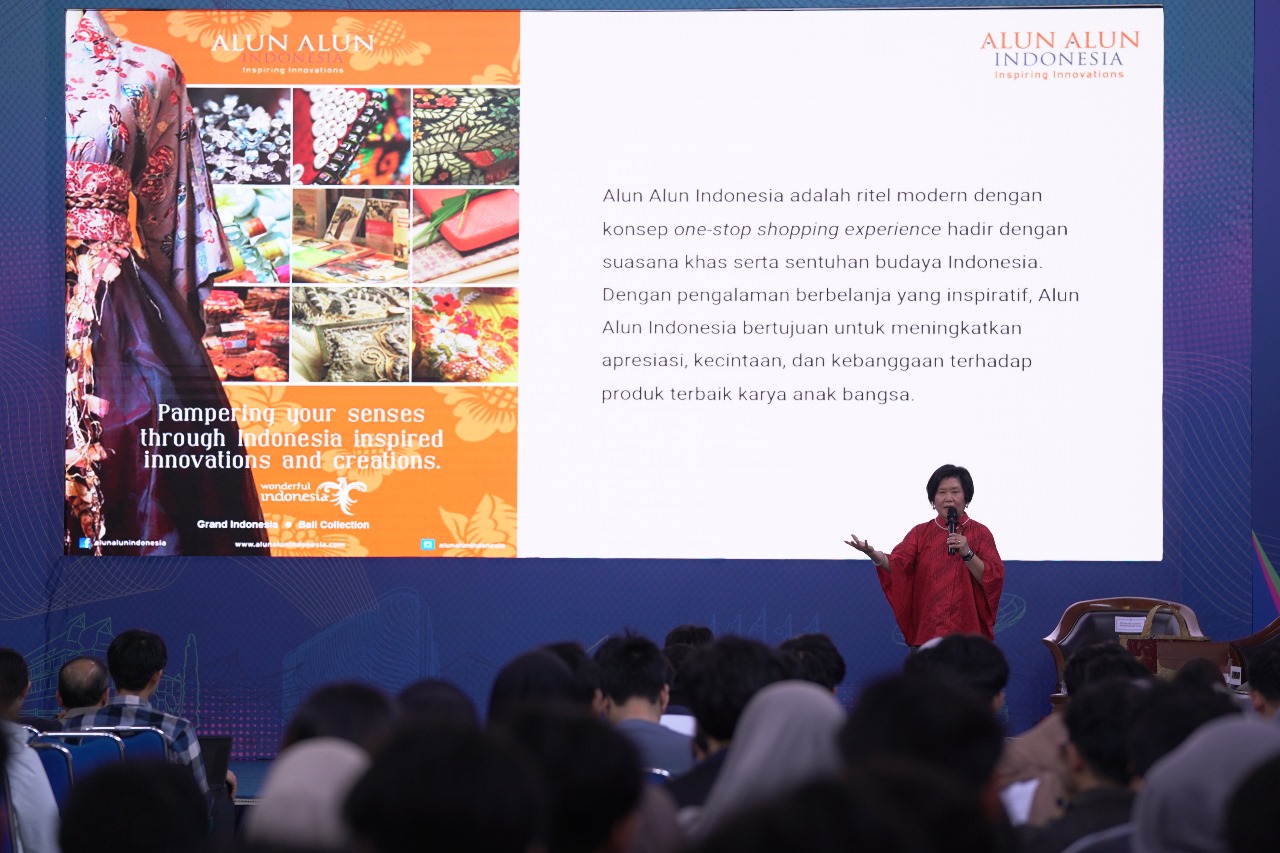ITB Informatics Engineering Student Wins Best Video Game at Hack Western 11 Canada
By Satria Octavianus Nababan - Mahasiswa Teknik Informatika, 2021
Editor M. Naufal Hafizh, S.S.

BANDUNG, itb.ac.id - Fatih Nararya NRI, an Informatics Engineering student at the Bandung Institute of Technology (ITB) currently participating in the IISMA program at the University of Toronto, Canada, won in the Video Game category at Hack Western 11, one of Canada's prestigious hackathons. The hackathon featured 62 teams with a total of 189 participants from various backgrounds.
Fatih faced numerous challenges in participating in this hackathon. Initially, he was rejected from several major hackathons he had aimed for before departing, such as Hack the Valley and NewHacks, and he almost missed the chance to join Hack Western 11. However, with support from his friend Tyson, whom he met while volunteering at Hack the North, and negotiations with the organizers, Fatih ultimately secured a slot to participate.
The journey to Western University in London, Ontario, was quite challenging. He had to purchase an expensive bus ticket, sacrifice two class sessions, and endure London’s cold weather, which was even colder than Toronto’s. He also managed to form a team only right before the hackathon began.
Alongside teammates Nathan, Mahdi, and Dhir, Computer Science students from Western University and the University of Waterloo, Fatih developed a project called a suite of EEG (electroencephalography)-based games. This project was designed to help individuals with mobility limitations, such as quadriplegia, to enjoy gaming. They also considered that this project could potentially train individuals with ADHD to maintain focus for extended periods.
The team successfully created three simple games controlled using an EEG headband, including:
1. A block tower game that uses eye blink detection to drop blocks;
2. A memory game controlled by head movements to test memory retention;
3. GyroFocus, a game combining head tilt control and concentration levels.
The team used React for the web-based application. One of the main challenges they encountered was extensive debugging to translate inputs from the EEG device into functional game controls. Despite this, the team managed to overcome these issues through effective collaboration.
Fatih and his team ultimately won the Best Video Game Hack category, defeating eight other teams that also developed video games for the hackathon. According to Fatih, this achievement was primarily due to excellent teamwork, each member’s technical expertise, and a robust ideation process from the project’s inception to the final EEG-controlled innovation. However, he humbly credited his success to the niche positioning strategy he learned in one of his courses this semester—choosing a category with fewer competitors.
“The strategy of selecting a bounty that few participants pursued allowed us to compete against only eight teams instead of all 62 teams in this major hackathon,” said Fatih.
Fatih noted that hackathons teach the importance of focus and hard work but also highlight how luck can influence final results in competitions.

“Hackathons teach us to keep creating cool projects without being too hard on ourselves if we don’t win. Ultimately, many factors are beyond our control, such as the number and quality of competitors, which bounties tend to be chosen by competitors, judges’ biases due to their expertise, and so on,” Fatih stated.
Beyond winning, Fatih also reflected on the importance of networking during hackathons. He not only bonded with his teammates but also met other participants who developed equally impressive projects. Through this competition, Fatih had the opportunity to meet engineers and speak with HR representatives from Big Blue Bubble. Additionally, he received an invitation for a company tour, which he unfortunately could not attend.
Fatih’s achievement demonstrates that ITB students can compete at an international level through creativity, hard work, and perseverance. His story serves as an inspiration for young generations to keep innovating and chasing their dreams.
Reporter: Satria Octavianus Nababan (Informatics Engineering, 2021)

.jpg)
.jpg)
.jpg)
.jpg)
.png)


